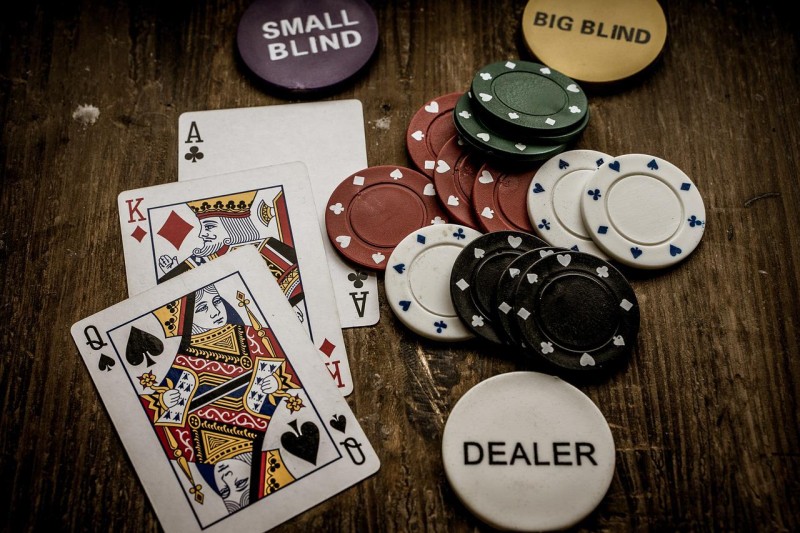Laws and Legal Regulations Relating to Casino

Gambling is the risking or staking of money or any other valuable asset that may be referred to as "stakes" on an event that does not have a predictable conclusion with the primary goal of earning more money or the good of a material value. Gambling therefore needs to satisfy three requirements: consideration, or money, which is the amount that is put at risk; risk; and pricing, or the result of placing the money at risk. Gambling results are frequently immediate, as in the case of rolling the dice, spinning the roulette wheel, a horse finishing a race, etc. Gambling outcomes could also be long-term, like winning a future sporting event. Write For Us Casino is where you can share your thoughts about Casino and gambling.
Acts regulating Casino
Government has formulated certain regulations. Government regulations regarding casino, gambling and others are as follows-
- Public Gambling Act
The Public Gambling Act is the primary Act that controls public gambling in India, as was previously stated. Operating or managing public gaming establishments is forbidden by the Public Gambling Act, a Central statute. Any infraction of the law under this act could result in a fine of 200 rupees or a sentence of up to three months in jail. India has a large gaming culture and has long engaged in a variety of gambling activities. Some of the forms of gambling that are performed in the nation include casino gambling, sports betting, horse racing, lotteries, online gambling, school games, etc. Games that require skill and games that require chance fall into two distinct categories that govern gambling law in India.
- Bombay Prevention of Gambling Act
The 1887 Bombay Prevention of Gambling Act covers gambling regulations that are valid in Gujarat and Maharashtra. This law forbids gambling within these two states' borders. Gaming is described in Section 3 as bets and wagers, with the exception of wagers on dog or horse races. The Act forbids common gambling establishments, and Section 4 of the Act punishes violators with a fine and up to two years in prison. The Bombay Race Courses Licencing Act of 1912 specifies the rules for horse racing in Maharashtra. It is lawful since it is seen as a game of skill. This activity generates significant revenue for the state.
- Meghalaya Prevention of Gambling Act
The fundamental gambling law in the State of Meghalaya is the Meghalaya Prevention of Gambling Act, passed in 1970. Section 13 of this Act makes skill-based games legal. "A play or game for money, including betting and wagering, by which a person intentionally exposes money to the risk or hazard of loss by chance," is how Section 2 defines gambling. Lotteries, gambling, and betting on horse races are specifically excluded from this description, keeping them legal. According to Section 3 of this legislation, the penalty for retaining or possessing a charge on a common gaming establishment is a fine of up to Rs 1,000 or six months in jail.
